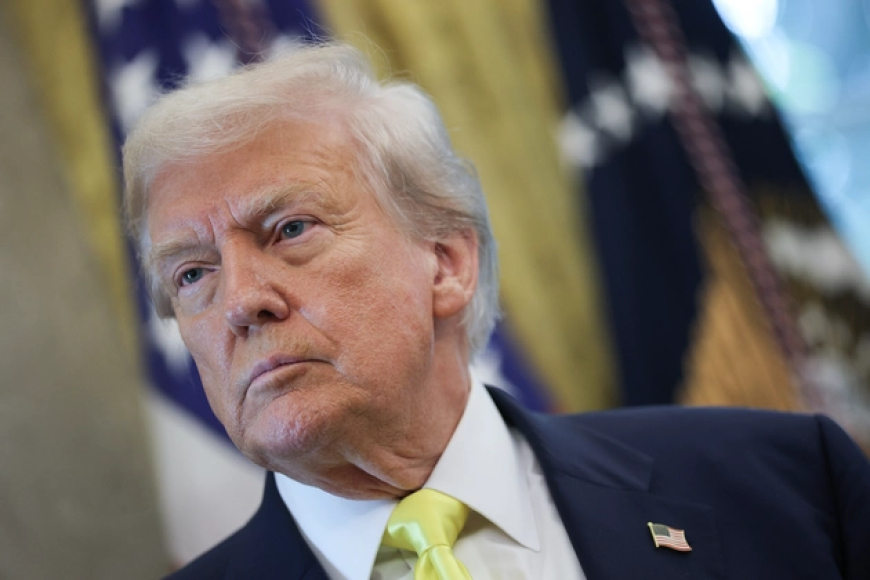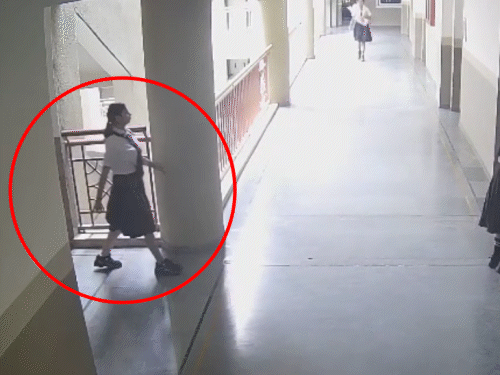The Rise of Federal Law Enforcement Under Trump: Impacts on Civil Liberties in Urban Centers
An in-depth look at Trump’s expanded federal law enforcement in U.S. cities, examining impacts on civil liberties, whistleblower accounts, and executive order timelines.

Since President Donald Trump’s return to the White House in January 2025, one of the most noticeable shifts in domestic policy has been the expansion of federal law enforcement in major U.S. cities. Washington, D.C., Chicago, Portland, and Philadelphia have seen heightened deployments of federal agents and National Guard units, with the administration justifying these moves as necessary for “public safety” and “restoring law and order.”
However, beneath the surface lies a growing debate: Does this surge in federal presence enhance security, or does it erode fundamental civil liberties?
This investigation explores whistleblower insights, civil rights concerns, and a timeline of executive orders that have shaped the current landscape.
A Growing Federal Footprint in Urban America
Residents of Washington, D.C. recall an unfamiliar sight this summer: National Guard vehicles stationed near residential blocks, and patrols expanding well beyond the National Mall. In Chicago, federal tactical teams were deployed near protest sites, while in Portland, surveillance drones were reported circling above neighborhoods.
According to data from the Brennan Center for Justice, federal involvement in local policing has grown by nearly 40% since January 2025—a pace unseen since the post-9/11 expansion of Homeland Security.
Former administration officials suggest the policy is part of Trump’s broader strategy to project strength ahead of the 2026 midterms. A retired Justice Department aide told NewsSutra anonymously:
“The administration sees visibility as power. It isn’t just about crime prevention—it’s about making a statement that the federal government is in control where local governments are seen as weak.”
Civil Liberties at Risk?
Civil rights groups, including the American Civil Liberties Union (ACLU), argue that the heavy federal footprint risks chilling free speech and protest rights. Reports of indiscriminate surveillance, prolonged detentions without clear charges, and increased militarization have sparked public outcry.
One whistleblower account obtained by NewsSutra describes directives given to federal field units in D.C.:
“We were told to keep close watch on protest leaders and document their movements—even if they weren’t breaking laws. The emphasis was on deterrence through presence, not community engagement.”
This raises alarms among legal experts. Dr. Sarah Milton, a constitutional scholar at Georgetown University, notes:
“The Fourth Amendment is not suspended during times of unrest. Monitoring citizens without probable cause walks a fine line that could undermine trust in democratic institutions.”
Voices of Support
Not all perspectives are critical. Supporters of the expanded federal role argue that cities plagued by rising crime need decisive intervention.
Residents in parts of Chicago, where violent crime rates have surged, welcomed the additional federal patrols. One local business owner told NewsSutra:
“I’m not a Trump voter, but I’ll admit things feel safer with more officers around. For years, local leaders talked without results. At least something is being done now.”
This division reflects the deep polarization of public opinion—where security and liberty appear locked in a zero-sum debate.
Timeline of Key Executive Orders (2025–2026)
A chronological overview highlights how federal authority has steadily expanded under Trump’s administration:
-
January 21, 2025 – Executive Order 14091: Establishes the “Urban Stability Task Force,” granting DOJ power to deploy agents without state request.
-
February 15, 2025 – EO 14097: Expands drone surveillance authority in “federally designated high-risk zones.”
-
March 28, 2025 – EO 14102: Authorizes cross-state National Guard mobilization under federal command.
-
May 12, 2025 – EO 14119: Increases federal jurisdiction over protest-related offenses.
-
July 30, 2025 – EO 14147: Creates a new Federal Civil Security Council, centralizing oversight of deployments.
This accumulation of orders reflects a systematic restructuring of urban law enforcement—one that could redefine the balance between state and federal powers.
Balancing Security and Rights
The heart of the debate lies in whether these measures are temporary safeguards or represent a permanent shift in U.S. governance.
Former diplomats argue that domestic enforcement mirrors Trump’s foreign policy stance—assertive, centralized, and resistant to compromise. Meanwhile, grassroots organizers insist that democratic accountability demands transparency and limits on surveillance.
As civil rights attorney James Holloway explains:
“If these measures become normalized, we risk sliding into a situation where protest and dissent are viewed not as democratic expressions but as national security threats.”
Conclusion
The rise of federal law enforcement under Trump is reshaping the daily lives of urban residents and sparking a profound debate about the future of American democracy. While some welcome the sense of order, others fear a dangerous erosion of civil liberties.
The coming months—especially as the 2026 midterms approach—will determine whether this expanded federal presence is scaled back or cemented into policy.
What's Your Reaction?
 Like
0
Like
0
 Dislike
0
Dislike
0
 Love
0
Love
0
 Funny
0
Funny
0
 Angry
0
Angry
0
 Sad
0
Sad
0
 Wow
0
Wow
0







































































